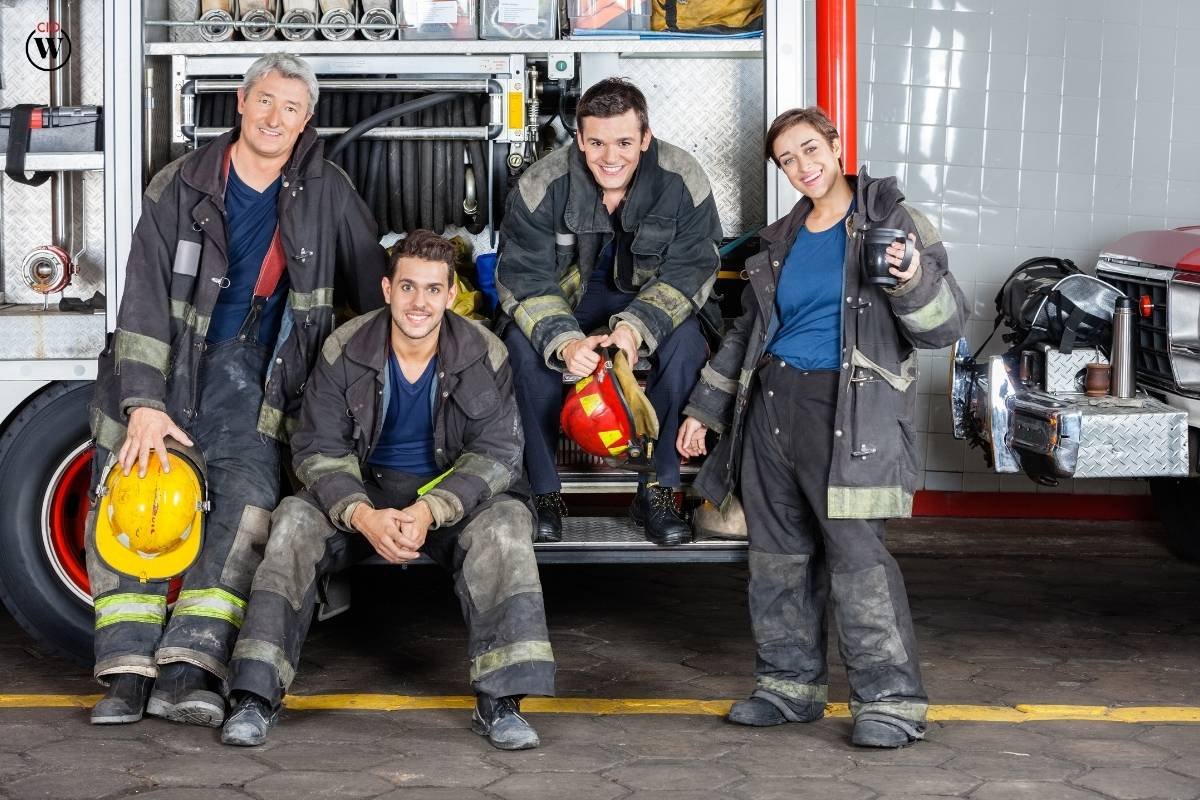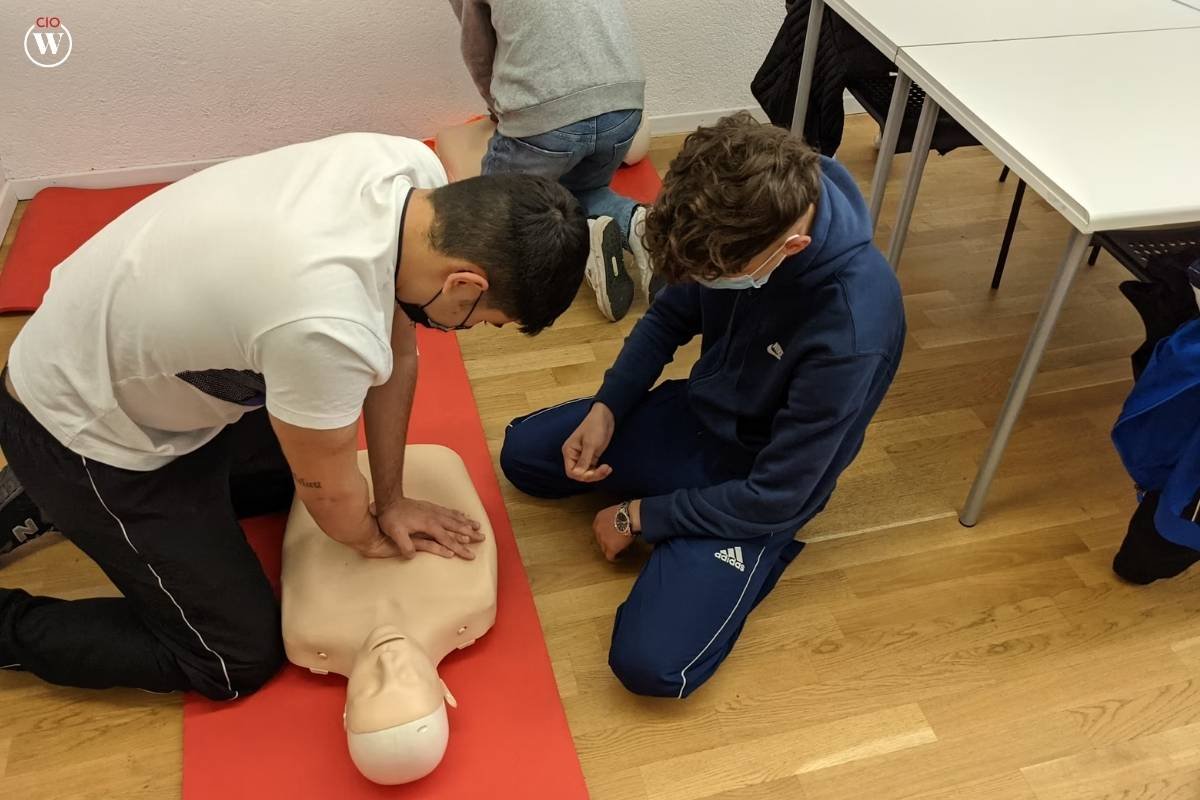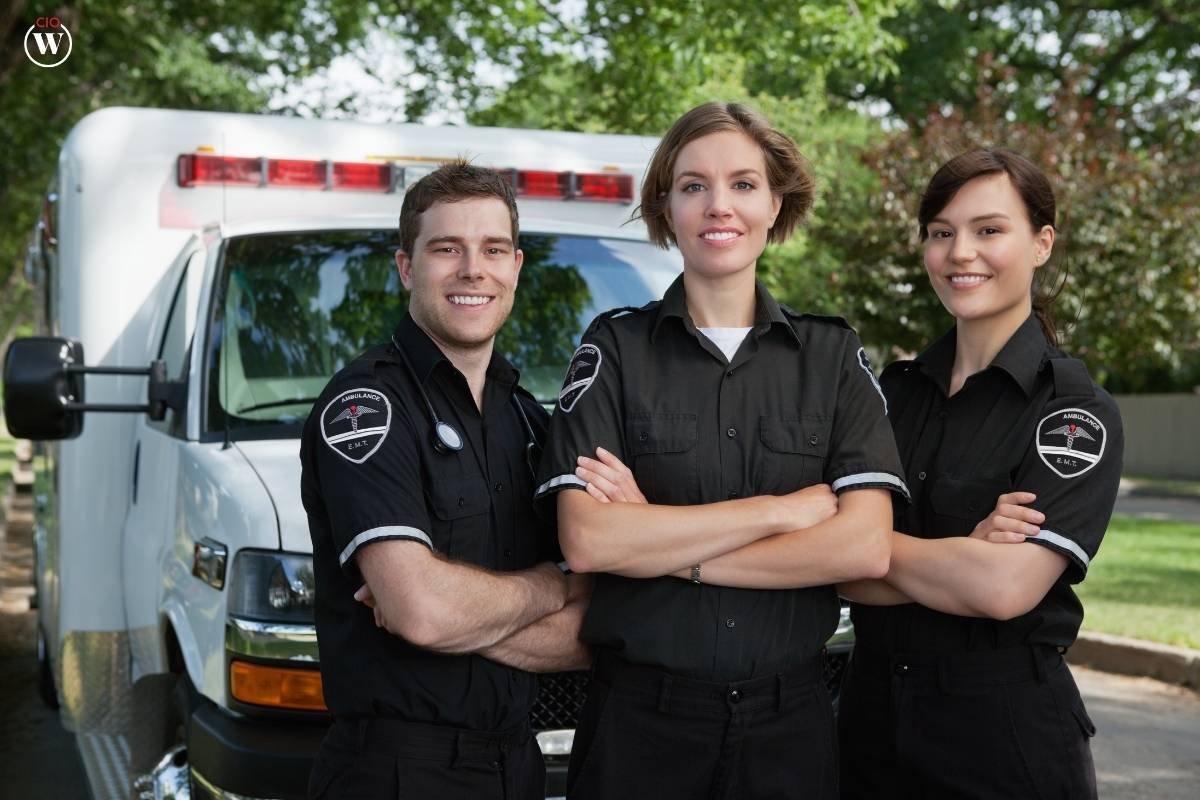Source – Unsplash
When it comes to fulfilling careers, there are few paths that offer the same level of responsibility and sense of purpose as being an emergency responder. Becoming an emergency responder isn’t a decision you take likely, and it’s something that will require a lot of hard work, dedication, and study. However, it can be an immensely rewarding transition if you’re prepared to put in the work for it.
So in this post, we’re going to talk about some of the considerations you’ll need to keep in mind if you’re thinking of transitioning to the role of an emergency responder. Whether you’re already in the healthcare industry or would like to put your existing skills to use in helping people, there are many different ways in which you can pivot your expertise.
What kind of life can you expect as an emergency responder?
Being an emergency responder is one of the most fulfilling yet challenging job roles that someone could choose. It’s a profession that demands your attention at all times, and it requires you to be compassionate towards others while also having the courage to make tough decisions.
Emergency responders are tasked with providing lifesaving care and support to people in the most critical moments of their lives. You’re at the front lines, ready to jump into action no matter the emergency or catastrophe that’s waiting for you. It’s not something you can do without strong commitment and motivation!
1. Persevering Life and Ensuring the Safety and Well-Being of Others
At the heart of any emergency responder’s role is a commitment to preserving life and ensuring that no harm comes to people who are in need. This level of dedication means that you’ll often be putting yourself in harm’s way. You’ll be facing dangerous situations, unpredictable circumstances, and incredible challenges that will demand the utmost courage and resolve.

Sometimes this can mean rushing to the scene of a car crash to assist people, other times it might mean responding to medical emergencies in the wake of a natural disaster. Emergency responders need to remain as calm and collected as possible during these times, because everyone else is going to be looking to you for leadership and guidance during those tough situations.
2. Facing Diverse Challenges on a Regular Basis
One of the unique aspects of being an emergency responder is the need to navigate diverse challenges on a regular basis. You’ll likely be given some advice on how to manage different kinds of situations, but life isn’t always predictable. Some days you’ll be faced with high-stress situations, and other days will be relaxed with little to nothing going on. Sometimes a situation will call for textbook techniques to deal with something, but other times you might be forced to adapt to the situation and use your experience and knowledge to assist others.
You’ll also be challenged in many different ways throughout the day. There are physical demands, such as the need to lift heavy equipment or potentially carry patients. You’ll also have to cope with stressful situations where you need to make quick decisions under pressure. At times, witnessing trauma and loss on a regular basis can take a significant toll on your mental well-being too. In short, there are lots of different challenges to navigate when you become an emergency responder.
3. Working Together With Others at All Times
You can’t be an emergency responder on your own. You’ll have to work together with your colleagues in order to provide the best level of care possible, and that means forging a strong working relationship with those around you. Whether it’s paramedics, firefighters, or even law enforcement officers, you’ll be working together with many different professionals as an emergency responder. Being able to work closely with these individuals leads to better outcomes for everyone you help.

You’ll also need to build up your communication skills to work effectively with patients and those in need. Learning to communicate clearly and concisely can make your job a lot easier, and you’ll be expected to reassure those who are facing distress.
What Does It Take to Become an Emergency Responder?
So if you think that the life of an emergency responder is for you, here are some of the skills that you’ll need to work on.
1. Commitment to Continuous Improvement
Emergency response is a constantly evolving field that faces unique challenges on a day-to-day basis. You’ll have to commit yourself to continuous improvement by learning new technologies, practices, and skills every day. Part of this will come from your experiences, but you’ll also need to study as well.
This may include taking lessons on different medical practices, improving your overall fitness, learning to drive, or even getting a CPR recertification to improve the skills that you’ve already learned. In other words, emergency responders devote themselves to lifelong learning and professional development to ensure that they’re ready to handle any challenges they face.
2. Specialized Training
Depending on the type of role you have, emergency responders can undergo specialized training in many different areas. Some may involve providing emergency medical care, others could involve firefighting techniques, and there may even be disaster response training.
You’ll receive this kind of training on the job, but it’s worth looking into these specific training routines and the skills that people learn in order to get a better idea of what to expect in the future.
3. Physical Fitness
Physical fitness is arguably one of the most common skills to have as an emergency responder, as there are typically lots of physically demanding tasks regardless of what kind of role you take on. Having good levels of strength, flexibility, and agility to carry out your responsibilities will make things a lot easier in the future. From carrying patients to climbing up stairs while wearing heavy protective gear, it’s essential that you keep your fitness levels at their peak.
Maintaining these traits not only helps with the demanding task of being an emergency responder, but it’s also crucial for ensuring your own safety and well-being while you’re on the job. Regular exercise and proper nutrition are key components to staying fit and preparing for the challenges ahead of you, and it will greatly improve your ability to serve those in need.
4. Communication and Teamwork
Clear and effective communication is crucial for emergency responders because it helps you become far more efficient at your job. Strong verbal communication makes it easier for you and your colleagues to coordinate, but they can also help you engage with members of the public who are in need. Even written communication skills can be important, as they’ll help you record a patient’s status more effectively, which will be conveyed to healthcare experts who will act on what information you’ve provided them.

Ultimately, the ability to communicate clearly and with compassion is a foundational skill for any emergency responder, and it’s something that you’ll continuously improve.
5. Emotional Resilience
Emotional resilience is another cornerstone of effective emergency response. It enables you to navigate emotional challenges more easily and also helps you cultivate resilience and build coping mechanisms to protect your mental well-being when exposed to traumatic events and emotions on a regular basis.
It’s no surprise that emergency responders face difficult situations on a regular basis, many of which can have a negative impact on their mental state. Thankfully, access to mental health support is plentiful and offers emergency responders a vital lifeline in times of need. In such a demanding profession, it’s important to prioritize mental well-being at all times.









